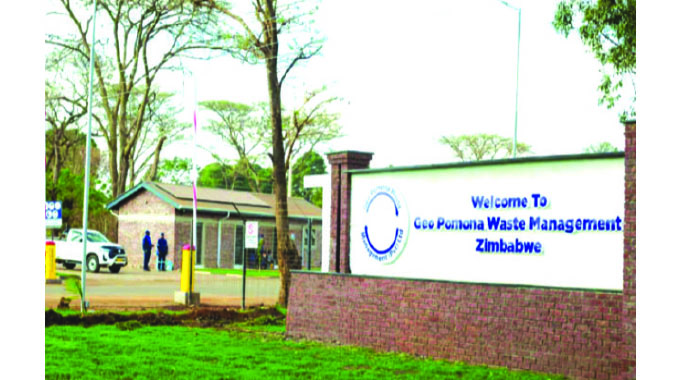Call for closer security cooperation between China, Africa
Nyarai Kampilipili and Tanaka Chitsa Correspondents
Economic ties between Africa and China are well documented and have grown at a faster rate than most other partnerships. Latest figures indicate trade between the two reached the US$220 billion mark in 2014, while direct investment by China in Africa topped US$30 billion in the same year. Influential think tanks from Africa and China said this strong economic cooperation should now be replicated to the security sector to ensure that China and Africa actively contribute to global peace and stability.
The experts said this at the China-Africa and NGOs and Think-Tank Leaders Conference in Beijing, China taking place from September 18-25. Speaking at the opening ceremony, secretary general of the Chinese People’s Association for Peace and Disarmament (CPAPD), An Yuejun, said China and Africa should explore new and innovative ways of resolving security issues on the continent.
“We need a new mentality of peace,” he said, adding that there is need to “move away from our old ways of resolving crime into new and innovative ways.” Participants at the conference urged China and Africa to continue working together in strengthening security cooperation through skills development, financial assistance and technological transfer, among others.
Joint military exercises such as the Tanzania-China Joint Training Exercise of Marine Corps EX Transcend were encouraged. Such exercises were acknowledged and encouraged as they play an important role in strengthening interaction and cooperation. In addition, the think tanks agree that there is need for China and Africa to introduce a monitoring and evaluation mechanism to track the implementation of adopted peace and security mechanisms in order to identify successes and challenges. Security cooperation between China and Africa was first presented in the Forum on China-Africa Cooperation (FOCAC) Addis Ababa Action Plan (2004-2006), that was adopted by foreign ministers from China and Africa in Ethiopia in 2003, as well as in the FOCAC Johannesburg Action Plan (2016-2018) agreed at the FOCAC Summit held in Johannesburg, South Africa. At that meeting, China pledged to work with Africa through the African Union (AU) and other sub-regional organisations in preventing, mediating and resolving conflicts.
China pledged to continue its active participation in peacekeeping operations and the de-mining process in Africa, and to provide financial and material assistance as well as relevant training to the AU Peace and Security Council.
Furthermore, China agreed to strengthen the capacity of African countries and sub-regional organisations to undertake peacekeeping operations. The China-Africa and NGOs and Think-Tank Leaders Conference is focusing on three topics of interest to both China and Africa. These are the characteristics of world security situation, African security situation and China-Africa security cooperation, and social organisation cooperation between China and Africa.
The conference is, among other things, discussing various security mechanisms that could be adopted to address new and emerging security challenges, and is being attended by scholars and researchers from Ethiopia, Namibia, United Republic of Tanzania, Zambia and Zimbabwe. In addition to participants from these five African countries, there are representatives from non government organisations in BRICS member states (Brazil, Russia, India, China and South Africa).
The BRICS mechanism aims to achieve peace, security, development and cooperation. It seeks to contribute significantly to the development of humanity and establish a more equitable and fair world.
The New Development Bank, formerly known as the BRICS Development Bank, is a multilateral development bank that recently launched an Africa unit in South Africa in August. The Africa Regional Centre of the New Development Bank is based in Johannesburg, South Africa and is expected to unlock the continent’s socio-economic potential by providing resources for infrastructure and other development. The conference is part of the people-to-people exchanges that were also given priority at the Johannesburg summit in 2015. — sardc.net







Comments